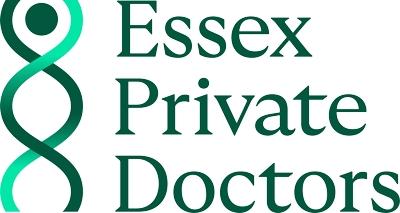Are you experiencing histamine intolerance symptoms?
Histamine Intolerance Clinic
Histamine Intolerance Clinic
Histamine Intolerance Clinic
At Essex Private Doctors, we recognise that histamine intolerance can be a complex and often misunderstood condition.
Our approach combines the latest in lifestyle medicine with patient-centred care, ensuring that we provide effective solutions to help you manage your symptoms and improve your quality of life.
Histamine intolerance occurs when your body is unable to break down histamine effectively, leading to an excess of this naturally occurring compound. Histamine plays a crucial role in immune responses, digestion, and even as a neurotransmitter.
However, when it accumulates in the body, it can trigger a variety of uncomfortable and sometimes debilitating symptoms. In this guide, I’ll explain what histamine is, how it affects your body, and how I can help you manage histamine intolerance in a comprehensive and patient-friendly way.
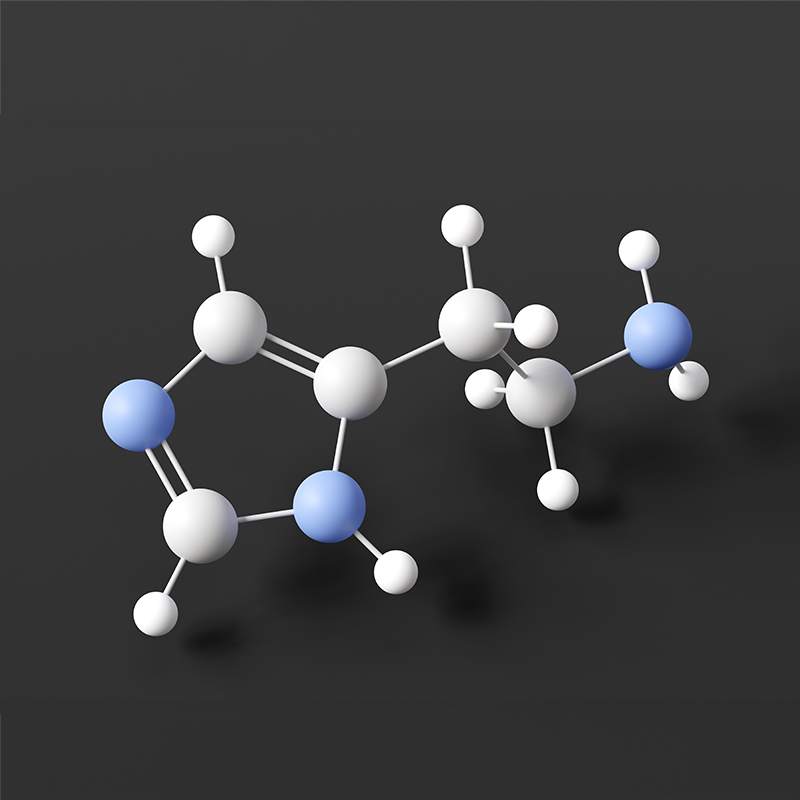
What is Histamine?
Histamine is a biogenic amine, a naturally occurring chemical that acts as a mediator in immune responses and is well known for its role in allergic reactions. However, histamine has a much broader function.
It is found throughout the body—in your blood, cells, and tissues—and has a variety of roles, including regulating immune responses, supporting gut function, and acting as a neurotransmitter in both the central and peripheral nervous systems. Because histamine is involved in so many bodily systems, an imbalance can lead to symptoms affecting multiple organs, including the gut, skin, respiratory system, and even the brain.
Histamine helps protect the body by triggering inflammation when pathogens or threats are detected, prompting the immune system to take action. It is produced by immune cells such as mast cells and basophils, and stored in tissues throughout the body, particularly in the digestive system and the skin. Normally, enzymes like diamine oxidase (DAO) and histamine N-methyltransferase (HNMT) break down excess histamine, maintaining a healthy balance in the body.
However, when histamine is not effectively broken down, it can build up and trigger a range of symptoms. This build-up, known as histamine intolerance, is often the result of a combination of dietary, genetic, and environmental factors.
Causes of Histamine Intolerance
Histamine Intolerance Symptoms
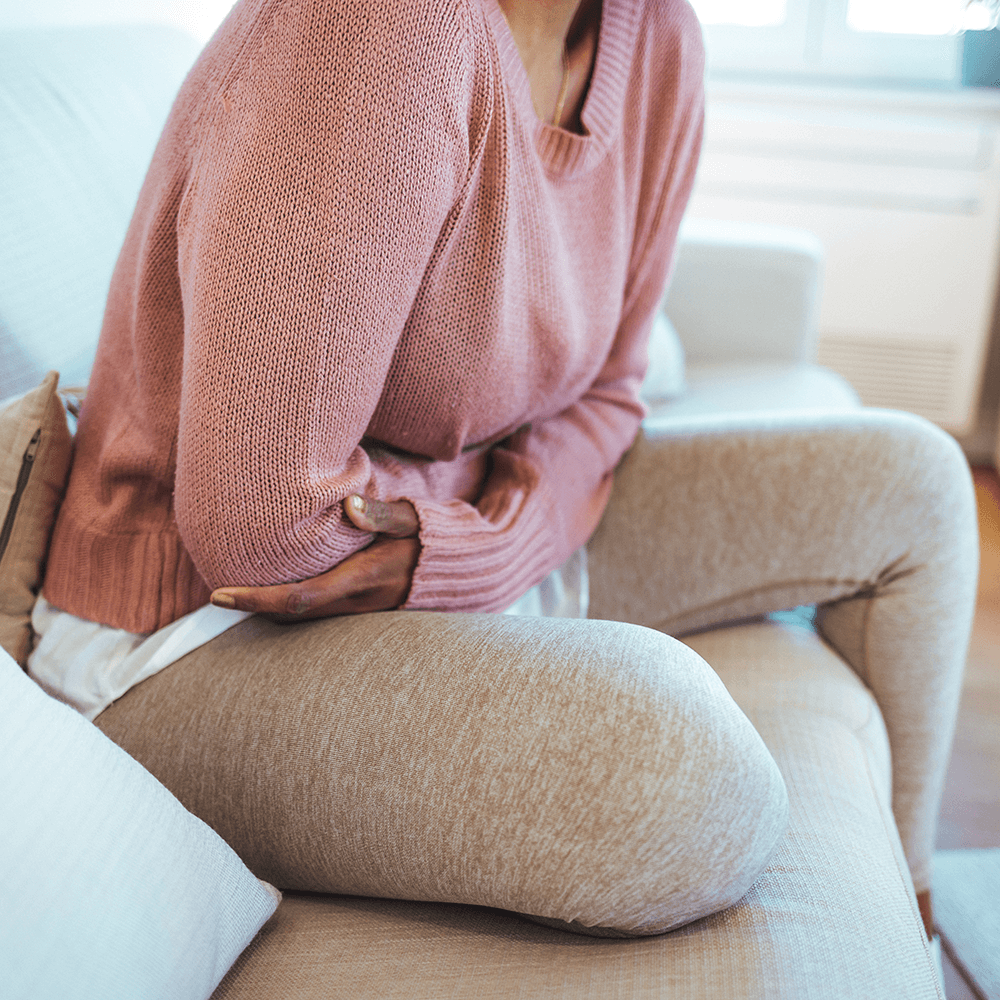
Diagnosing Histamine Intolerance
While histamine intolerance is not always widely recognised in traditional medicine, I use a lifestyle medicine approach that looks at the bigger picture. Diagnosing histamine intolerance begins with a thorough review of your symptoms, medical history, and lifestyle.
Key Diagnostic Approaches Include:
- Symptom Tracking: We encourage our patients to keep a detailed food and symptom diary to help identify potential triggers. This can be an invaluable first step in determining how your diet may be contributing to your symptoms.
- Elimination Diet: One of the most effective ways to diagnose histamine intolerance is through a low-histamine elimination diet. By removing high-histamine foods for a few weeks and gradually reintroducing them, we can determine which foods may be triggering your symptoms.
- Laboratory Tests: While tests for DAO and histamine levels are available, they are not always conclusive. However, when combined with symptom tracking and dietary adjustments, they can provide useful information to support a diagnosis.
- Gut Health Assessment: Since gut bacteria play a role in histamine production, it can be helpful to assess gut health as part of the bigger picture.
Managing Histamine Intolerance
Our goal is to help you regain control over your health and improve your quality of life by effectively managing histamine intolerance.
Treatment is highly individualised and focuses on balancing histamine levels through a combination of dietary changes, supplements, and lifestyle modifications.
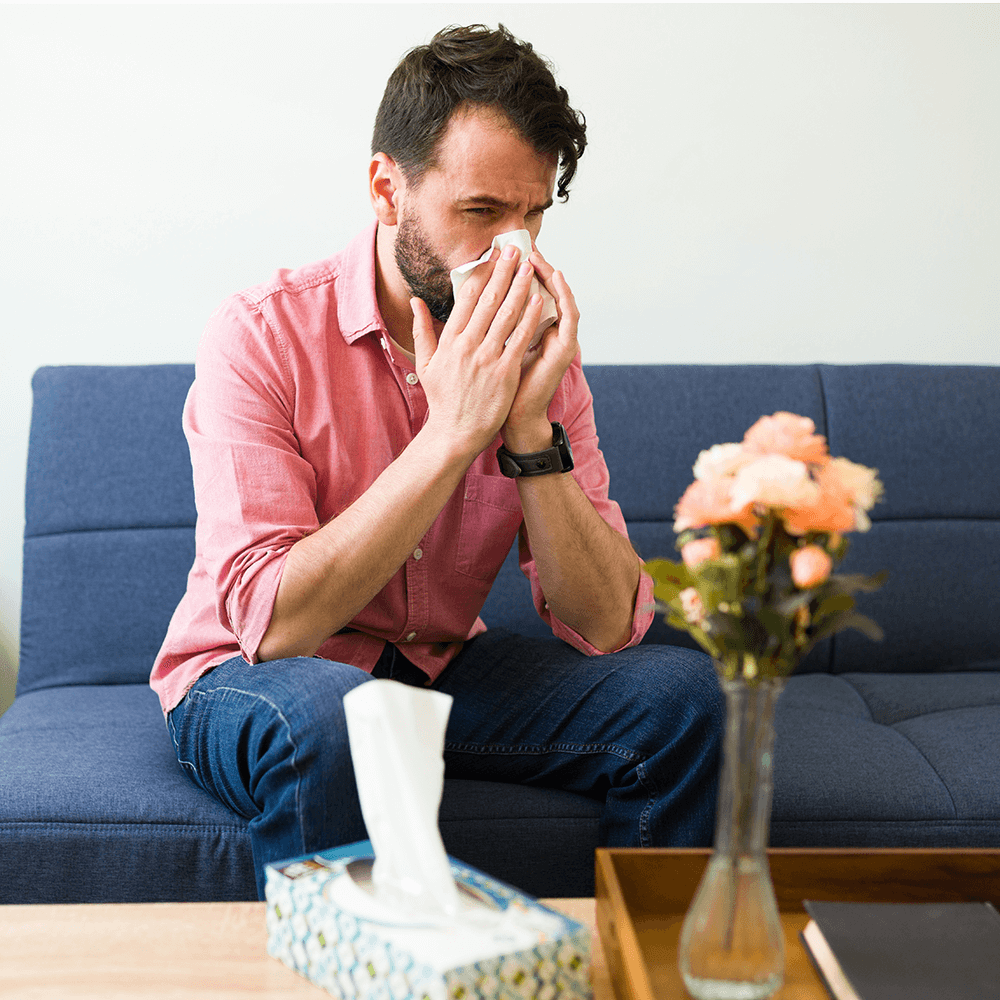
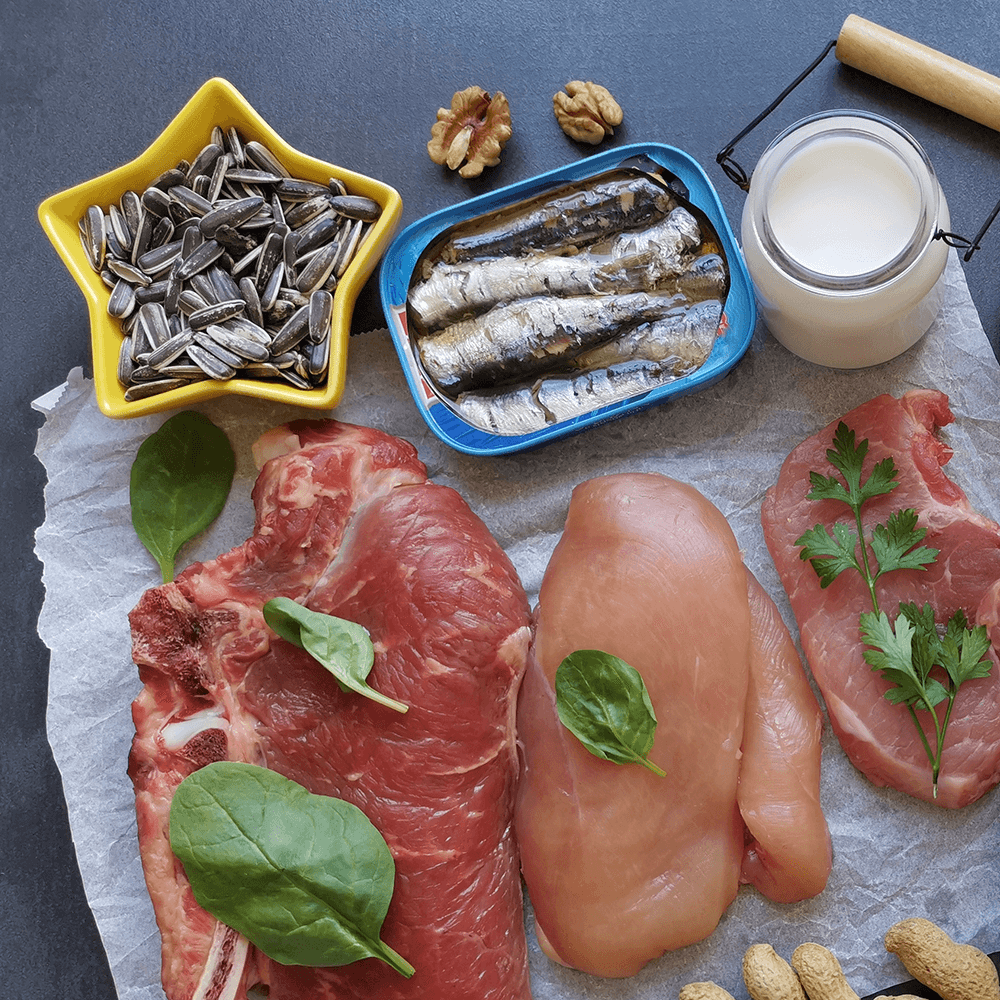
Living Well with Histamine Intolerance
While this condition can be challenging, with the right approach and support, many people find significant relief from their symptoms. By identifying your triggers and balancing your histamine levels through personalised care, We aim to help you lead a more comfortable, symptom-free life.
Whether you are just beginning to explore histamine intolerance or have been struggling with symptoms for some time, We are here to support you.
Dr Eleanor Beddoe is our clinical lead in histamine intolerance. Book at histamine intolerance clinic appointment today.
